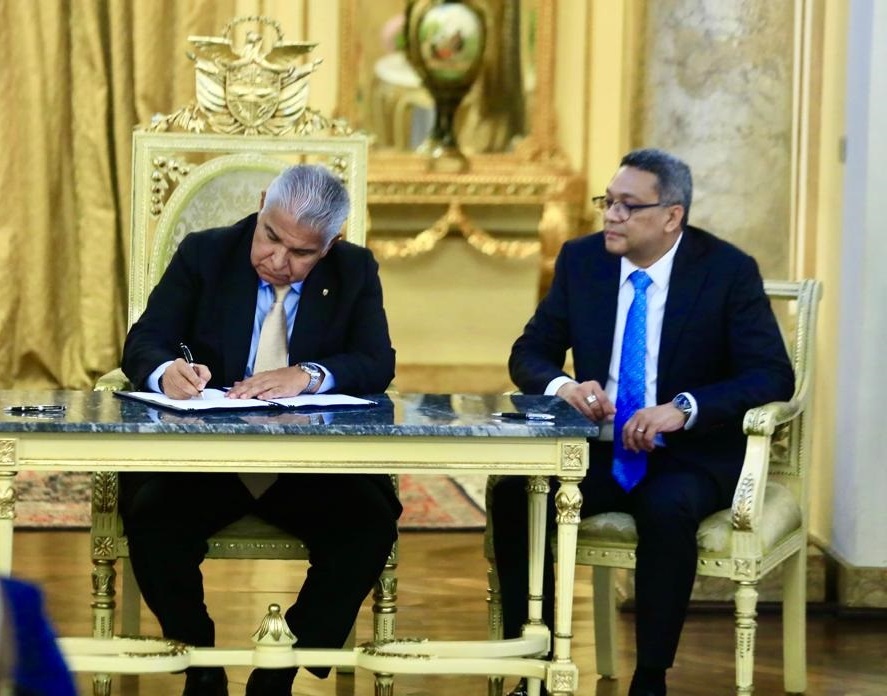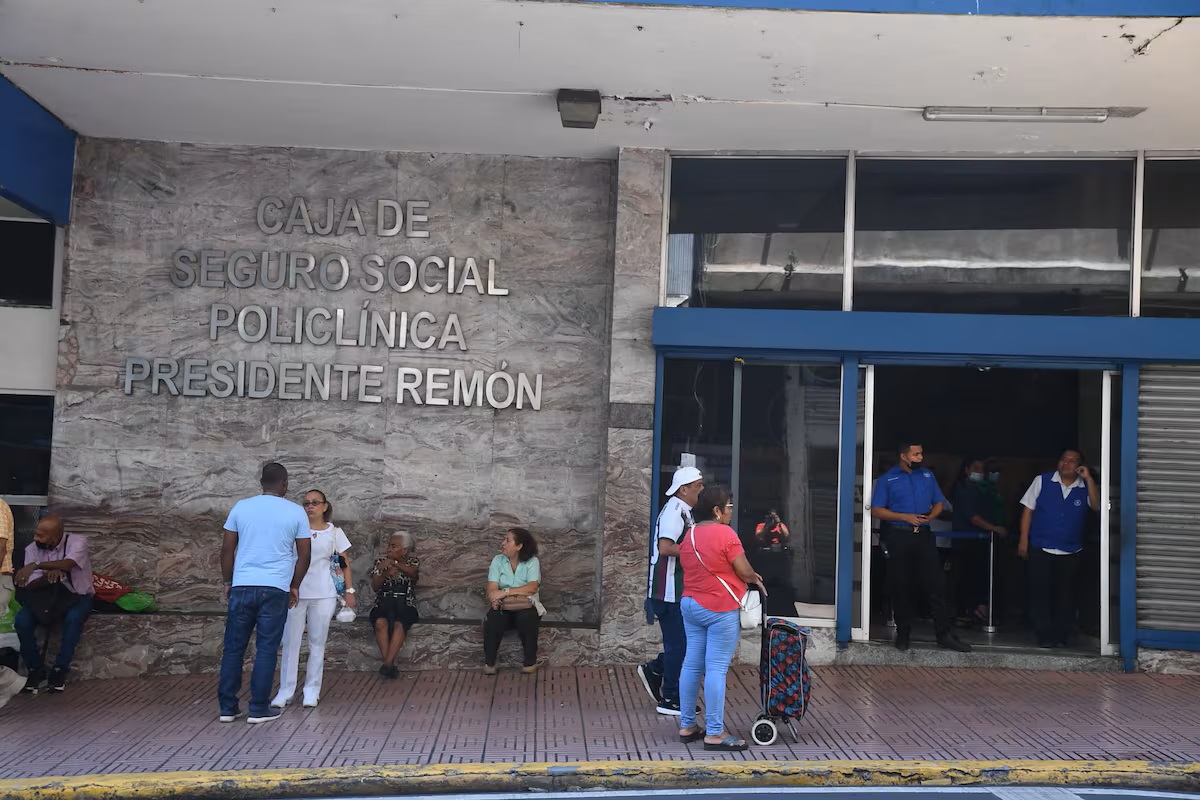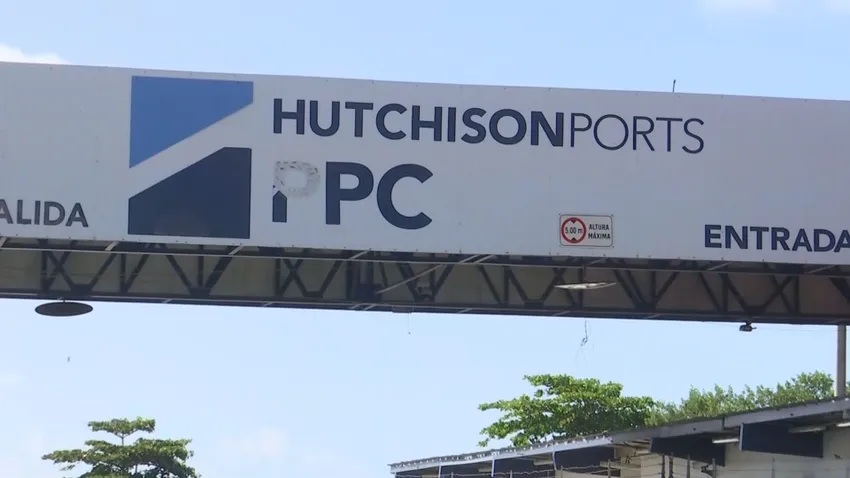Educators and Schools Present a Cocktail of Changes for CSS

Various unions, such as the teachers’ union, have presented proposals to improve CSS finances, including an increase in employer contributions and the unification of health services. Discussions continue at the roundtables for the Social Security Fund (CSS) in its fifth meeting, where workers, businessmen, patients, medical associations, educators, health professionals and authorities met this Wednesday, October 2. Regarding the solution to the crisis of the Disability, Old Age and Death (IVM) program, the proposal of the National Association of Directors of Official Schools of Panama and the teachers’ unions was supported. In the case of the teachers’ unions, three groups were brought together: the Teachers’ Action Front (FAM), the Union of Educators for the Quality of Panamanian Education (UNECEP) and the National Union of Educators of Panama (UNEP). The presentation by the National Association of Directors of Official Schools of Panama had two components: they reviewed the pension funds in Panama, the creation of the Social Security Fund and the latest reforms of 2008. Their proposal was based on several income-generating measures, including strengthening finances, having the Ministry of Health (Minsa) provide health services, and having the CSS collect the income and finance the programs. They even recommended that the board of directors be removed from office based on their performance. They also hope that workers will retire with 100% of their last salary, based on comprehensive financial reform.

The teaching sector, made up of the Teachers’ Action Front (FAM), the Union of Educators for the Quality of Panamanian Education (UNECEP) and the National Union of Educators of Panama (UNEP), said that the main responsibility should fall on companies and politicians. They advocate a single defined benefit system and spoke of a single change in the parametric measures, which implies greater contributions from employers and keeping the contribution from workers unchanged. At the health roundtable, chaired by Minister Fernando Boyd, the issue of surgical delays and medical appointments was addressed. During the work day, the teleradiology program was presented by specialist Israel Lara, director of Teleradiology projects. Lara reported that 173 medical devices will be made available, especially for imaging, magnetic resonance imaging, mammography, among others. This plan aims to reduce the waiting time for appointments and to have the results of these studies on time. In addition, a productivity report on radiological studies will be kept.





